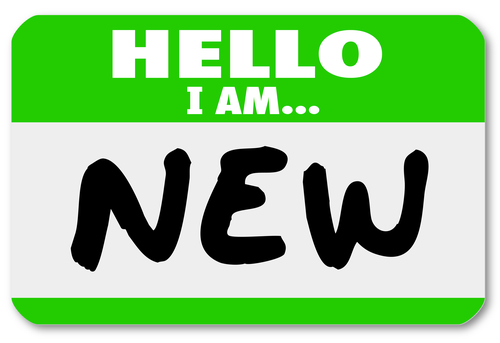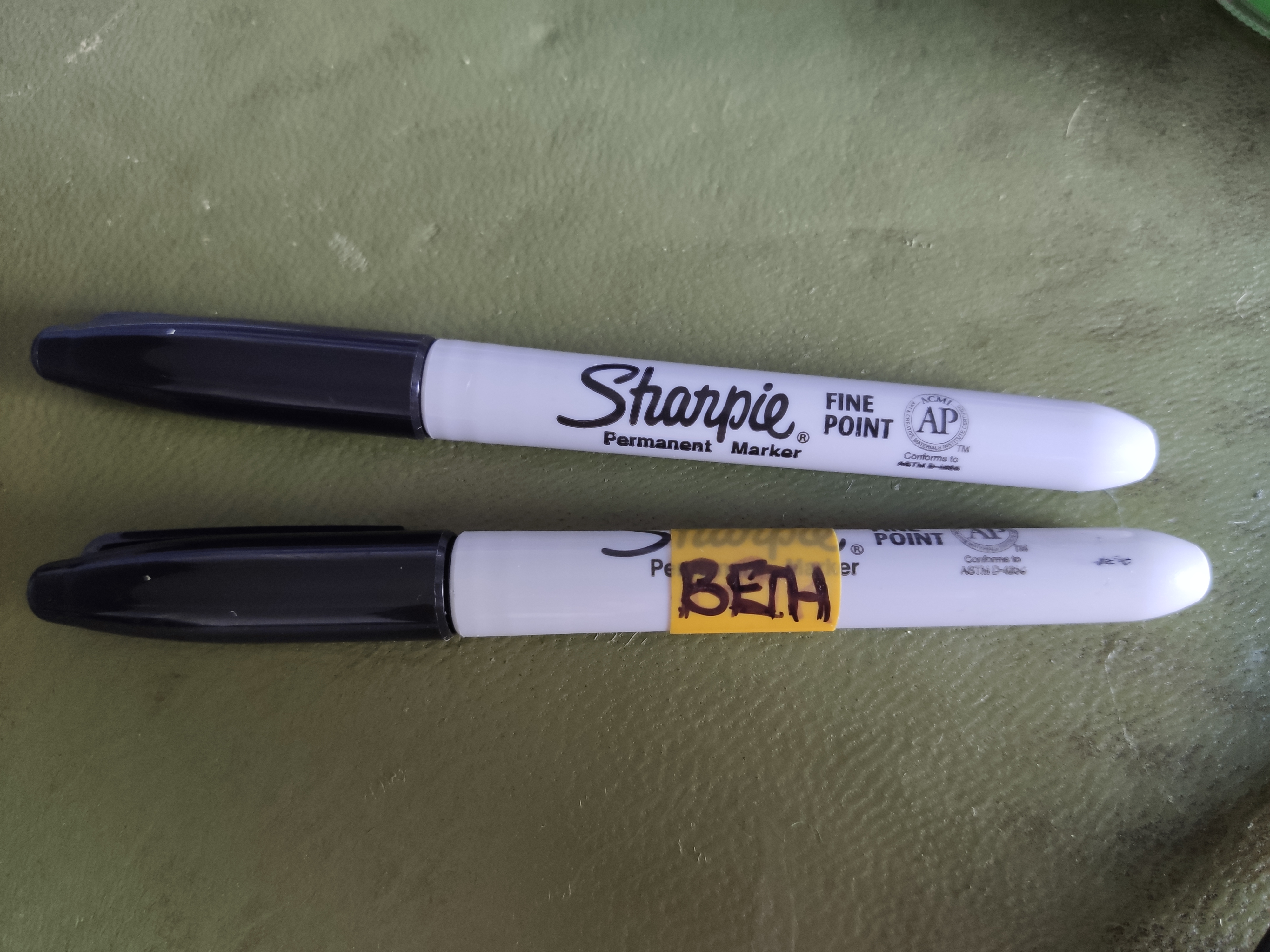Working for new companies and clients can be nerve-wracking, especially if you’re new to live events in general. Every workplace is different, but there are plenty of things you can do to make a positive and lasting first impression, and land that all-important second gig.
Before you get there
Before you even meet your new client in person, you’re already making an impression on them. If you’re sending out your resume/CV, make sure it’s the best it can be (Career Development: Resources for Resumes and Social Media) and take the time to craft a professional cover letter. It is an employer’s market out there: audio companies and venues are very busy, and if your email doesn’t catch their attention they won’t even bother reading your resume. It’s common for people to perform internet searches of potential hires, so make sure you are happy with what they’ll find (Networking on Social Media).
For all text communication, bear in mind that it’s human nature to interpret it more negatively than you intended (Flaming emails: Why email causes misunderstanding, rage and frustration (and what to do about it). You don’t have to sound like a robot, but try to be clear and positive, and avoid all but the most obvious jokes. Don’t use sarcasm unless you already know the person well, it is far too easily misinterpreted.
Have a folder on your phone or in the cloud with all your important documents, like photo ID, passport, and insurance policies. That way they’re all ready to go when you’re asked for them, and you can send them in seconds rather than making your client wait until you get back from your current gig to catch up on admin on your computer. You get to look efficient and professional, and you don’t have to remember to do it later.
On the job
Entire books could be written about how to act on gigs. As Heather Augustine says: “Most of the tour [or any gig] advice boils down to don’t be an idiot and don’t be an asshole.” (Tips for Touring). As a rule of thumb, just follow the more experienced people’s lead, unless they’re being negative and rude. As the newbie, you should be more enthusiastic and polite than the more established techs, and err on the side of caution until you get a feel for the work environment. There are certain things you shouldn’t do until you’ve “paid your dues”, e.g. making personal comments about colleagues that you don’t know well enough, but you should get the general vibe pretty quickly.
Be nice: This is just general advice for life, but particularly apt in a new job. Be nice to everyone, not just the people you think are important. It is simply the right thing to do, but if you need more convincing, there are plenty of workplaces where the people in the shop/warehouse or stagehands have long and close relationships with management, and their feedback on you is just as valued as your crew boss’s. Don’t get caught up thinking some people are more important than others. Plus, most people are happy to fill gaps in your knowledge, but no one has the time to rehabilitate a crappy attitude.
Similarly, don’t fall into tribal warfare with other departments. We’re all on the same team, fighting over resources or space will just piss people off. If you screw someone else over on the load in you’ll just have to rearrange what you did, later in the day when everything is plugged in so it’s a much bigger pain in the behind. Take the initiative and approach other departments at the start of the day to discuss what works best for all of you.
Keep it clean: Keep your work neat and easy to follow. Label everything so anyone can understand it. Don’t think “Oh, but I know what that means.” You might not be around when that area needs to be troubleshot, and your colleagues will appreciate clarity while they’re under pressure. Even if you’re fixing it yourself, labeling reduces confusion and silly mistakes in the heat of the moment. Clean up after yourself. Don’t leave scraps of tape and uncoiled cables all over the place for someone else to pick up after you. You’re a grown-up!
Keep busy: A new job can be overwhelming, and you can feel like a deer in headlights, not knowing what to do. If you’re stuck, just keep asking your colleagues what you can do for them. If they’re busy, you should be too. Even if they say there’s nothing you can do, offer to get them a drink or tidy up. Unless you’re in a union, you chose a career that doesn’t include a lunch hour. Eat your meals when you have time, don’t just drop everything when the food arrives. If you do take a break, make sure it’s at an appropriate point, let people know where you’re going, and be contactable at all times.
Do the crappy jobs: You’re new. It doesn’t matter what roles you’ve done before. The crappy jobs in our industry aren’t even that crappy. Just do them, and be cheery about it. That will earn you mega brownie points.
Put the phone down, pick a cable up: There is an ongoing debate around how useful social media self-promotion is in our field. Regardless of whether an arty shot of the load in dock and a dozen hashtags will land you more future clients, taking photos while you’re supposed to be working risks losing you your current one. Only post on social media when you’re on a break, or after the gig altogether. Ask before posting anything that wouldn’t have been visible to the audience. Our work is often subject to non-disclosure agreements, which might have been buried in your contract’s small print or even signed on your behalf without your knowledge. It’s taken as read that as a professional you won’t share inappropriately on social media. Don’t take photos or videos of celebrities backstage without their express permission. Ever. Only ask if someone more experienced asks first. We work with famous people all the time; be cool about it.
Be honest: It can be tough to walk the line between underselling yourself and bullshitting. You want to have the chutzpah to get the job, but don’t lie, and once you’re there be honest about your abilities. If you can’t do something, say so and ask for help with it. Don’t ask someone to do it for you, even if they could do it themselves. Show willingness and learn from your colleagues who are taking the time to teach you.
When talking shop, don’t be tempted to exaggerate. This is a close-knit community and people are nosey. If you say you were on a certain tour or worked for a particular company, people will ask their friends from there what they thought of you. If they find out you were overstating your role or straight-up lying, it will not go down well. You should be proud of the things you have done anyway! If you did the hospitality tent at a festival for a small audio company, that’s great! Massaging the truth until you worked “with” the major company who supplied the main stage and it turns out they’ve never heard of you? Embarrassing at best.
Don’t be afraid to ask questions: I would much rather someone ask what could be seen as a stupid question five times then get it right than just guessing and get it wrong. We deal with big, heavy, expensive things and electricity; always ask if you’re unsure. You might encounter people who openly mock you for not knowing something, but that’s on them. We all have different backgrounds and there’s a lot to learn in our job. You can’t know everything, and the only way to learn is to ask. Don’t let mean people shame you out of a good habit.
It’s also good to ask questions about things you don’t understand, to show how enthusiastic you are. If you finish your tasks then just sit on your phone when you could be learning something, that will be noticed. Don’t hassle people when they’re busy, but healthy curiosity is appreciated, and an ego boost for the person you’re asking to enlighten you.
Bring a bag of tricks: You don’t have to bring a massive workbox full of fancy tools on your first gig (indeed, you probably shouldn’t. They take up a lot of space), but having a few choice adapters and gadgets in your bag as soon as you can afford them will earn you a reputation for being helpful and prepared. There is plenty of inspiration in Elisabeth Weidner’s post: What’s in Your Go Bag. I would recommend starting with a multimeter (good for testing power distros and continuity in cables), a phantom power checker, lots of Sharpies, and ⅛” to ¼” headphone adapters. I’m pretty sure when Luke said “Give to everyone who asks you, and if anyone takes what is yours, do not demand it back,” in the Bible (Luke 6:30), he was talking about headphone adapters. You can get a pack of adequate quality ones for about $/£1 each; just gift them to people when they ask to borrow them. The same goes for Sharpies. You’re never going to see them again anyway, you might as well be a magnanimous baller about it instead of wasting your time trying to chase them down again.
Don’t take it personally: The fast-paced, high-stakes nature of our job means that tensions can run high and people can be blunt or downright rude in the heat of the moment. Like working in a restaurant kitchen, people might yell and swear but it’s just part of the job. If it happens, don’t take it personally. You aren’t the first to be shouted at and you won’t be the last. Sustained abuse or bullying is different of course, but the occasional outburst is to be expected. Just do what needs doing quickly and if it was really hurtful, discuss it at a calmer moment later.
Don’t stress: You should always try your best, but don’t beat yourself up if you make a mistake. It isn’t about how you messed up, it’s how you deal with it. Learn what you can from it and move on. If you let it get to you, you’ll end up focusing on it and making more mistakes because you’re distracted. If you’re open and upfront about it and apologise, that will be remembered for much longer than whatever it was that went wrong.
Everyone was new once. As long as you have a helpful, enthusiastic attitude everything else is secondary. If you put the effort in and make your colleagues’ lives easier, you should be welcome back in any workplace again and again.

